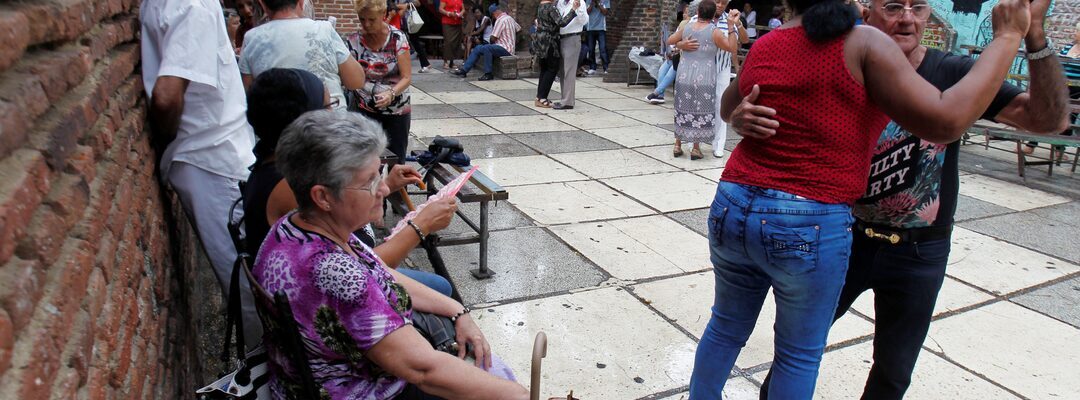
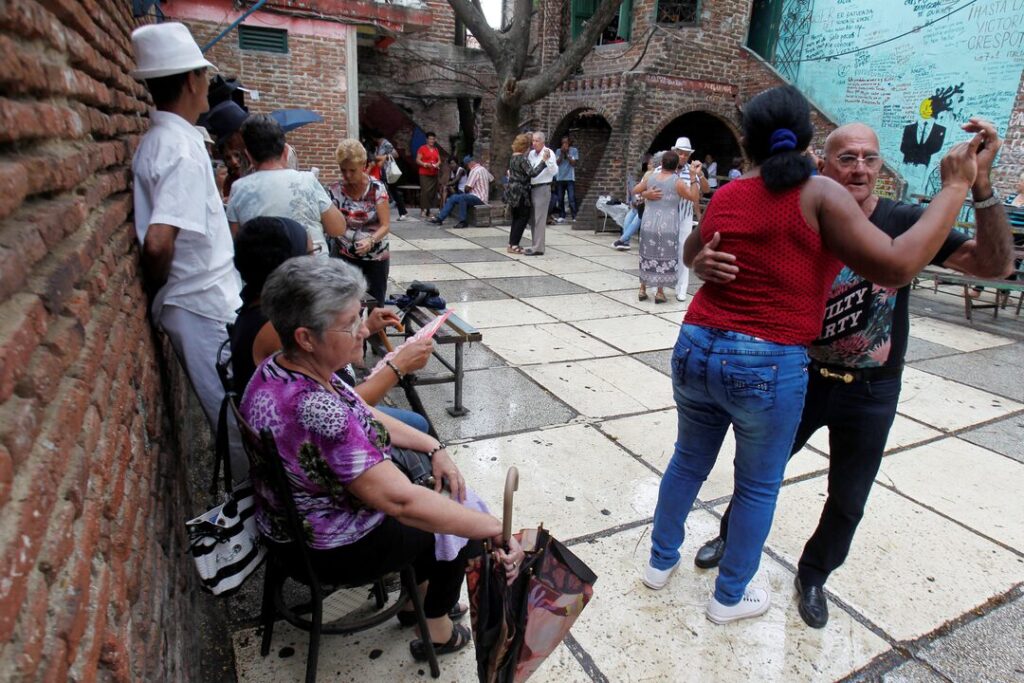
Each weekday morning, a familiar ritual unfolds across the island.
Countless Jamaicans tune their radios to a Radio Jamaica programme segment proudly billed as ‘Music with a Caribbean Beat’.
The title itself is a promise—an invitation to a sonic sprint across our vibrant region. One would rightly expect a generous sampling of the astonishing musical variety that pulses from our archipelago and its diaspora.
The mind leaps to the staggering diversity of rhythms that define us: from Cuba’s hypnotic son and rumba to Haiti’s elegant compas and thunderous rara; from the infectious zouk of Guadeloupe to Dominica’s cadence-lypso; from the Dominican Republic’s driving merengue and bachata to Puerto Rico’s foundational bomba, plena, and globally dominant reggaetón. And, of course, our own extraordinary Jamaican contribution: the foundational mento, the upbeat ska, the smooth rocksteady, the righteous reggae, the experimental dub, and the untamed energy of dancehall.
This is a family of music as rich, complex, and interwoven as the languages and histories of the Caribbean itself. Yet, what is presented to the Jamaican public, week after week under this inclusive banner, is not the Caribbean.
It is, with monotonous regularity, a narrow slice of Trinidadian calypso and its younger cousin, soca. This is more than an oversight; it is a cultural malpractice that silences the polyphony of our ample Caribbean heritage in favour of a solitary voice, diminishing the legitimacy of other traditions and reinforcing a discriminatory ignorance our media ought to resist, not propagate.
The true tapestry of our rhythm
To properly critique this distortion, we must first acknowledge the true demographic and cultural origins of music with a Caribbean beat. Our region is no monoculture. It is an archipelago forged in the crucible of history—shaped by waves of migration, both terrifyingly forced and grudgingly voluntary. The rhythms we dance to are testimonies to this ghastly past, mixed with centuries of wretched resilience and creative triumph.
In Cuba, the clave rhythm—the syncopated pattern struck by two sticks—anchors son, mambo, and salsa. This Afro-Cuban invention is the undeniable heartbeat of Latin music globally. To consider this anything less than quintessentially Caribbean is absurd. In Haiti, compas (konpa) blends European ballroom elegance with African percussion, while rara Easter processions evoke powerful spiritual survivals. These are not marginal curiosities; they are major branches of our shared tree.
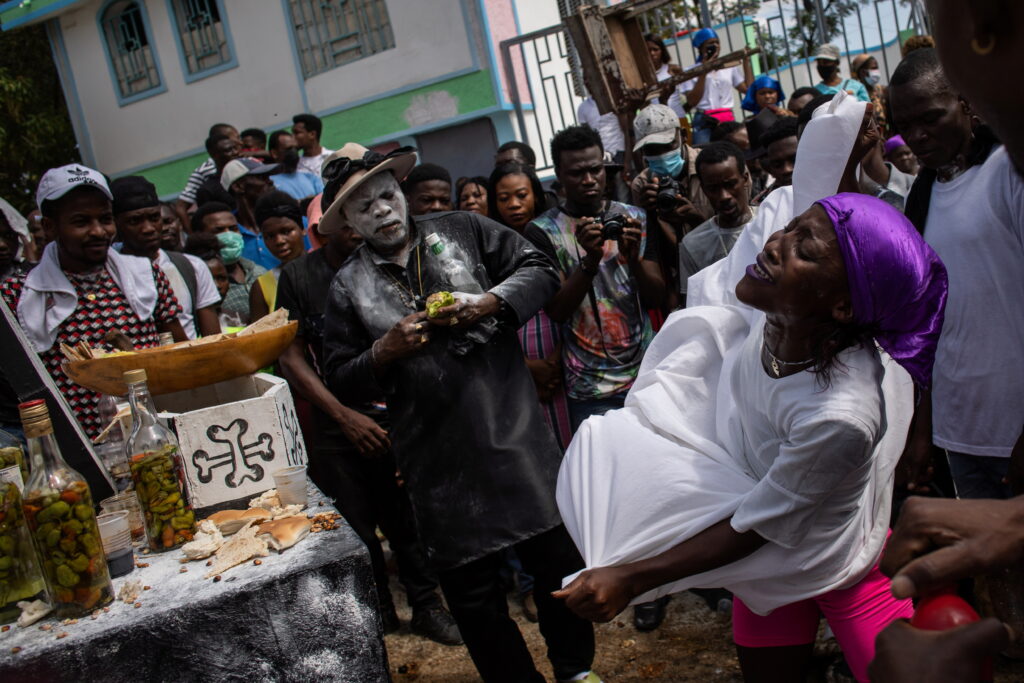
The Dominican Republic gives us the rapid, accordion-driven merengue—as Caribbean as reggae itself—and the once-stigmatised, now globally adored bachata. Puerto Rico contributes the African-rooted bomba and plena, alongside the dancehall-inspired reggaetón that now rules global charts. The Francophone Eastern Caribbean adds its unique tones: the electrifying zouk of Kassav’, Dominica’s cadence-lypso and bouyon, and Barbados’s own ska-calypso fusion, spouge. Trinidad and Tobago’s gifts of calypso, soca, and the revolutionary acoustic steelpan are monumental, but they are part of a constellation, not the sole stars.
And our own Jamaican legacy—from mento to dancehall—needs little rehearsal here. It is a seismic force that has shaped global music. To be honest, “music with Caribbeans dancing from within” is a constellation of celebrated genres, each bearing the uniquely bespoke imprint of its island home, yet all participating in a shared rhythmic sensibility born of Africa and refined through resistance.
Discrimination of a narrow lens
Why, then, does Jamaican media persist in this reduction? Some blame laziness, citing calypso’s easy association with carnival and a vague “regional” identity. Others point to historical inertia, where calypso was once one of the few travelling genres. But in 2025, such excuses are indefensible. The effect is more than a harmless error; it actively discriminates. It offends.
To erase Haitian, Cuban, Dominican, Puerto Rican, Bajan, or even the full depth of our own Jamaican sound from the label “Caribbean beat” is to tell their citizens: ‘Tan deh at yuh yaad’: your rhythm does not count. It presents a falsehood to Jamaican youth, who may never learn that bachata and zouk are theirs to claim as much as calypso. It narrows their horizons, impoverishes their cultural identity, and fosters ignorance. Worse, it panders to a cruel insularity that does Jamaica no credit. We are, in so many ways, an outwardly looking musical nation; for our media to pretend otherwise is an abdication of leadership and imagination.
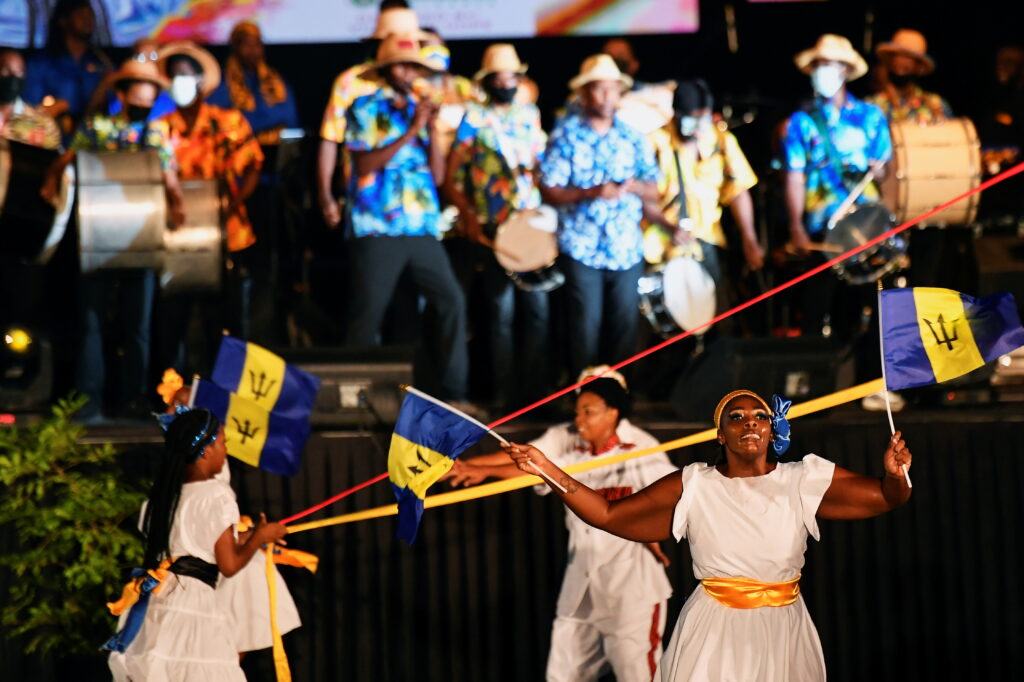
Towards an honest Caribbean soundscape
What would honest, non-discriminatory programming look like? First, it must reflexively acknowledge our plurality. A true, substantive, “Music with a Caribbean Beat” 27-minute show would rotate genres: one week featuring Haitian rara, another Cuban timba, another Dominican merengue, another exploring the roots of reggaetón, alongside Trinidadian soca and Jamaican dancehall. Context is key—explaining the social and historical roots of each rhythm, perhaps with occasional guest scholars, musicologists, and musicians.
Second, it would celebrate our interconnectedness. Listeners should hear how Jamaican ska shaped British 2-Tone, how Haitian compas influenced cadence-lypso, how Cuban son became New York salsa. The Caribbean is not a set of isolated islands; it is a continuous conversation of rhythms across oursea.
Finally, honest programming would restore dignity by acknowledging that our music is as central as anyone else’s. No more tokenism. No more reduction. No more rudeness with a morning’s ‘gilded voice’.

In the end, the phrase “music with a Caribbean beat” should be an invitation to breadth, not a code word for narrowness. Our media houses must abandon the discriminatory practice of equating the Caribbean with a single South-Eastern rhythm. To continue is to deny our history, our geography, and our very selves.
The Caribbean is not one rhythm but many—indigenous, clave, riddim, compas, zouk, merengue, bomba. To pretend otherwise is to silence our collective song. It is time we demand better and insist that when we speak of a Caribbean beat, we hear the whole orchestra.




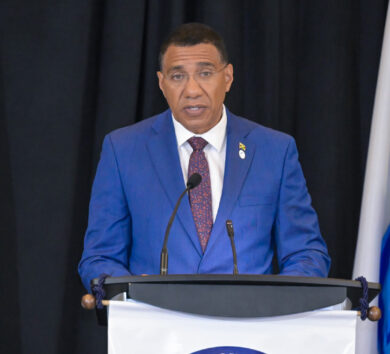
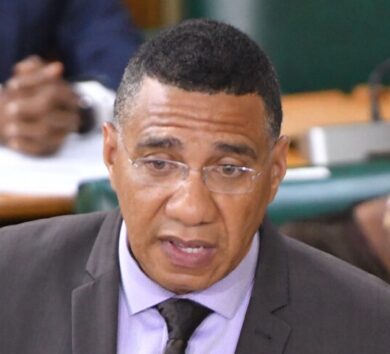

Comments